Caudatin
Caudatin is a cytotoxic steroidal glycoside from the Cynanchum genus, explored for its anticancer, immunomodulatory, and anti-inflammatory properties, showing promise in pharmaceutical research for developing new treatments for cancer and inflammatory diseases.
Overview:
Caudatin is a cytotoxic steroidal glycoside extracted from the roots of various species within the Cynanchum genus, including Cynanchum bungei and Cynanchum auriculatum. This natural compound has piqued the interest of the medical and pharmaceutical communities due to its potential anticancer properties. Research suggests that caudatin can induce apoptosis in cancer cells and inhibit tumor growth, making it a promising candidate for cancer treatment. Additionally, caudatin has been explored for its immunomodulatory and anti-inflammatory effects, further broadening its potential therapeutic applications.
Caudatin Key Features:
– Anticancer Activity: Demonstrates the ability to induce apoptosis in various cancer cell lines and inhibit tumor growth.
– Immunomodulatory Properties: This may modulate the immune system, enhancing the body’s ability to fight off diseases.
– Anti-inflammatory Effects: Exhibits potential in reducing inflammation, beneficial for treating inflammatory conditions.
– Natural Origin: Derived from the roots of Cynanchum species, emphasizing the medicinal value of plant-derived compounds.
Caudatin Applications:
– Pharmaceutical Research: Investigated for its anticancer potential in developing new chemotherapeutic agents.
– Immunotherapy: Explored for its immunomodulatory effects, offering possible applications in enhancing immune response.
– Anti-inflammatory Treatments: Potential use in creating therapies for inflammatory diseases and conditions.
Caudatin Functions:
– Inhibiting Cancer Cell Proliferation: Acts directly on cancer cells to prevent their growth and induce cell death.
– Modulating Immune System: Enhances the body’s natural defense mechanisms against diseases and infections.
– Reducing Inflammation: Offers therapeutic potential in managing and treating various inflammatory disorders.
Details
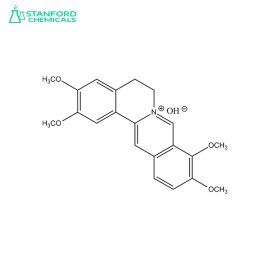
| Available Sizes | 30 capsules, 60 capsules, 90 capsules |
|---|---|
| Key Ingredient | High-quality, pure Palmatine extract |

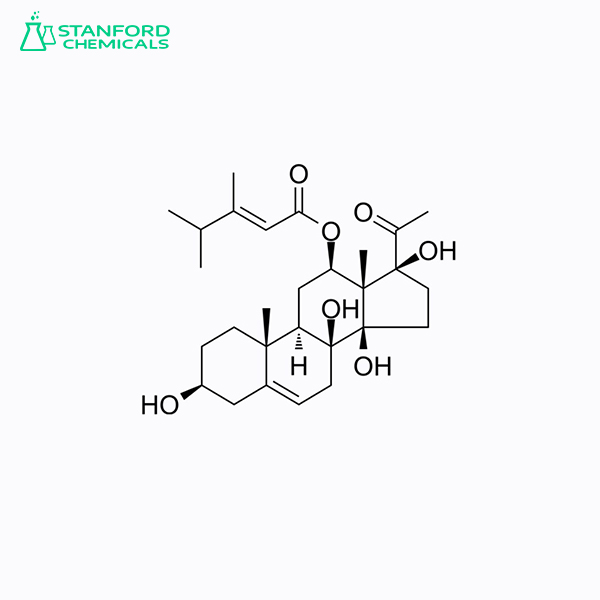
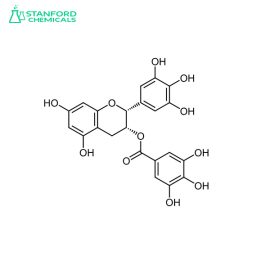
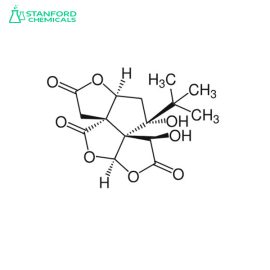
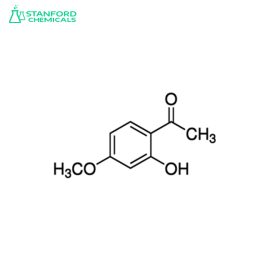
Reviews
There are no reviews yet.